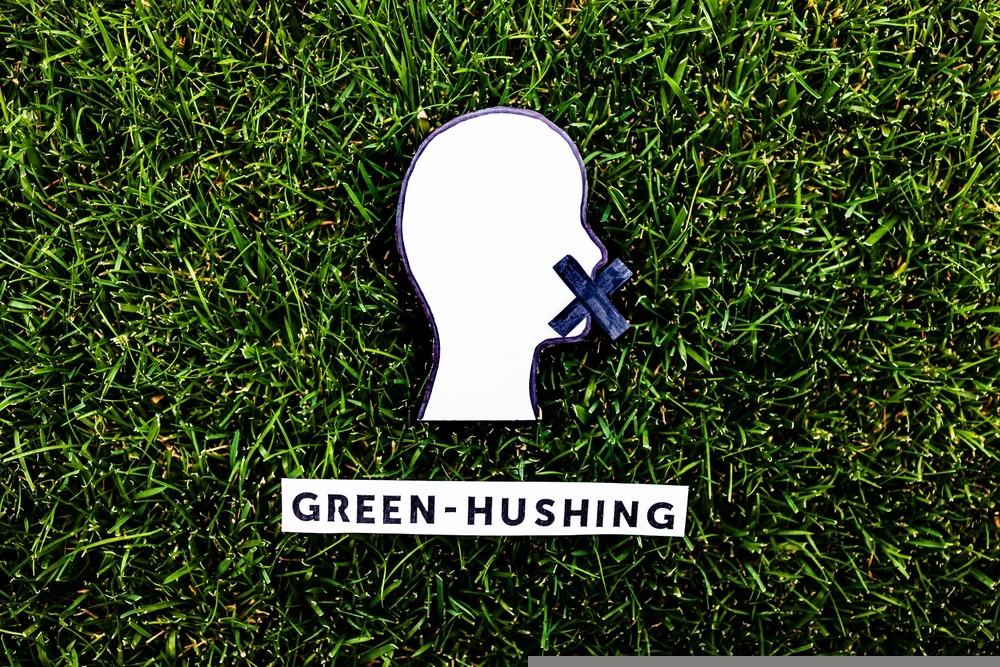The pressure to be ‘perfect’ has led to 70% of brands and businesses ‘greenhushing’ – or choosing to keep quiet about their sustainability progress and climate targets.
Many companies are trying to avoid the spotlight by keeping their social and environmental sustainability goals quiet, by hiding or under-reporting their sustainability credentials and targets to evade scrutiny.
In the Progress over Perfection report from Alfred and Sensu Insight, brands are citing pressure to maintain a positive public image and fear of backlash and scrutiny as some of the main reasons for doing so.
The research found more than two-thirds (70%) of the PR and marketing professionals questioned said the brands they represent are greenhushing on environmental, social and governance issues.
Almost two thirds (62%) felt that brands are expected to be perfect and never make mistakes.
Alfred founder and managing director Dan Neale said in many ways greenhushing is “completely understandable”.
“Regulatory scrutiny is rightly increasing, and consumers, stakeholders and the media are holding brands to account like never before,” he added.
Subscribe to Sustainability Beat for free
Sign up here to get the latest sustainability news sent straight to your inbox each morning
The report also revealed that, over the last year, one in four PR and marketing professionals have been asked to do something they felt amounted to greenhushing.
Of these, more than one third (37%) said greenhushing happened frequently or very frequently.
Across the industry there was significant agreement on the need for greater transparency around the challenges brands and businesses are facing, with 86% in favour of more openness. But fear of negative consequences (51%), fear of getting things wrong (50%), fear of negative press coverage (41%) and fear of public backlash (39%) were believed to be holding brands and businesses back.
Almost half (49%) of the comms professionals questioned in the research felt they needed additional resources or training to feel confident pushing back on colleagues and clients when it comes to matters of transparency and greenhushing.
Neale said there is a “huge lost opportunity in staying quiet.”
“Being more open and honest about a brand’s setbacks and challenges can build trust with stakeholders,” he explained, adding that it can “inspire and guide” other brands and businesses towards more responsible business behaviour.
“By embracing a mindset of progress over perfection, brands can become true catalysts for change, earning the trust of their peers and stakeholders, driving commercial success and leaving a lasting legacy.”
Propeller Group’s sustainability and social impact practice director Gill Browne said it can be hard for businesses to talk about green progress “without sounding self-congratulatory or simplistic.”
She suggested that businesses should “share the initiatives or tools that have worked for them but be mindful of how far there still is to go.”
“Crucially, they need to be transparent about this in all the ways a business communicates – from a social media post to an annual report,” Browne added.















